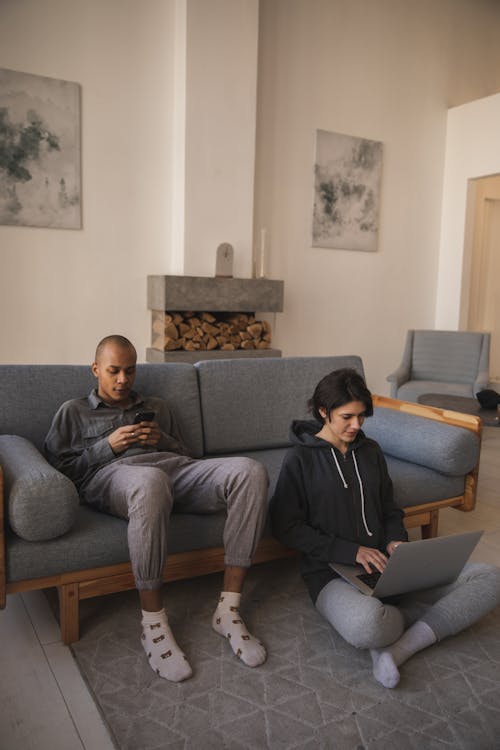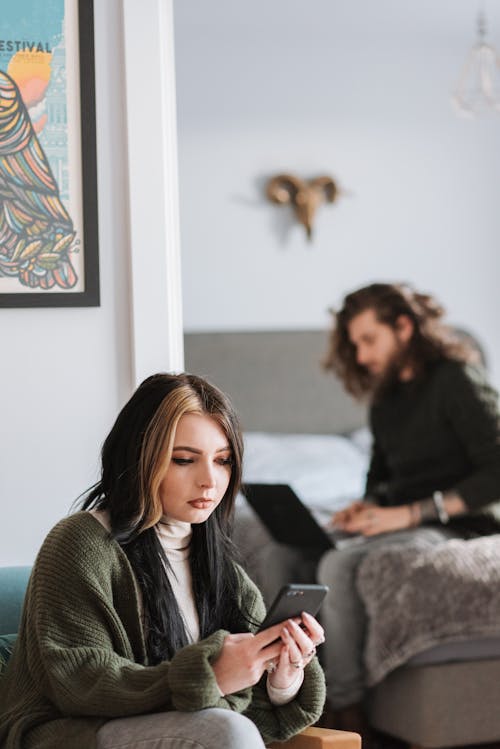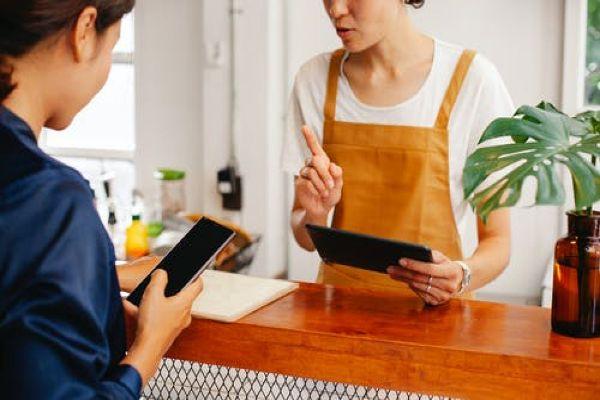We are all totally guilty of spending too much time on our phones, tablets, laptops or whatever form of technology we use to communicate with others. It's our link to society, friends and family far away, and to work. Phones have proven vital for communication. We get the time, access the news, check the weather and keep in contact all via this little device.
Basically, we’re saying that if you find yourself on your phone a lot, you’re not alone. The whole world always relies on them to communicate with one another. But have you considered what affect this habit might be having on your relationships?

Miller-Ott, Kelly and Duran’s research paper ‘The Effects of Cell Phone Usage Rules on Satisfaction in Romantic Relationships’ found that over-usage of phones in a relationship caused feelings of uncertainty and sparked conflict in relationships. Although they can be a good source of connection when used the right amount, they can also decrease the quality of the relationship.
For example, because our world is so connected and everyone has their phone with them at all times now, there is an expectation that our partners will always be available to us at the press of a button. When we cannot access them, that can lead to conflict as the two partners may have different ideas about how accessible they should be to the other. One of the major finding of their report is that partners should discuss phone usage rules and boundaries in order to understand one another’s habits better and have a clearer comprehension of what feels appropriate and comfortable to each of them.

But it is James Robert’s and Meredith David’s research paper ‘My life has become a major distraction from my cell phone: Partner phubbing and relationship satisfaction among romantic partners’ that has some of the most compelling reasons for cutting down on phone time when you and bae are together. The term ‘phubbing’ is the ‘extent to which an individual uses or is distracted by his/her cell phone while in the company of his/her relationship partner.’ Basically, how much you’re scrolling through Insta while your partner is sitting right next to you. Roberts and David created a scale to measure the severity of the problem of ‘phubbing’ in a sample study of 145 adults and followed up with questions about a) relationship satisfaction and b) emotional wellbeing.
‘Results suggest that Phubbing's impact on relationship satisfaction is mediated by conflict over cell phone use. One's attachment style was found to moderate the Phubbing – cell phone conflict relationship. Those with anxious attachment styles reported higher levels of cell phone conflict than those with less anxious attachment styles. Importantly, Phubbing was found to indirectly impact depression through relationship satisfaction and ultimately life satisfaction. Given the ever-increasing use of cell phones to communicate between romantic partners, the present research offers insight into the process by which such use may impact relationship satisfaction and personal well-being. Phubbing was found to have a negative impact on relationship satisfaction.’
Definitely something to watch out for and maybe even to have a serious, sit-down discussion about!






